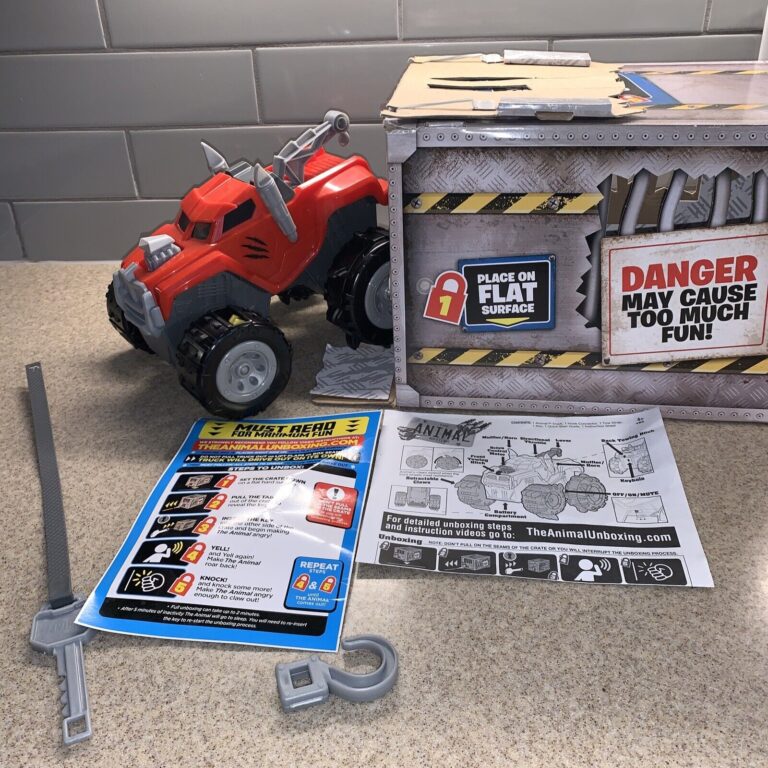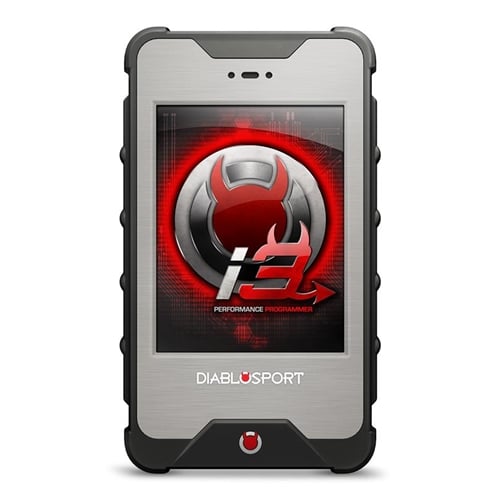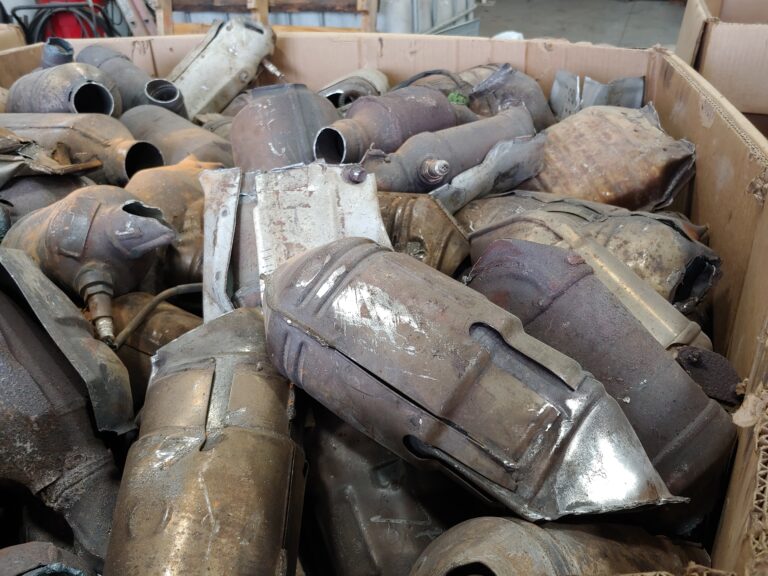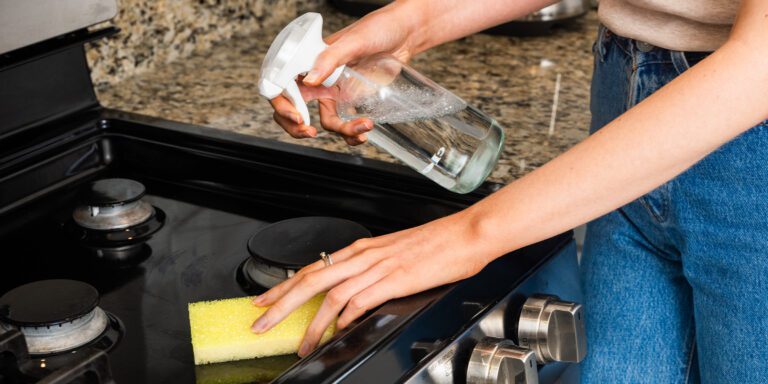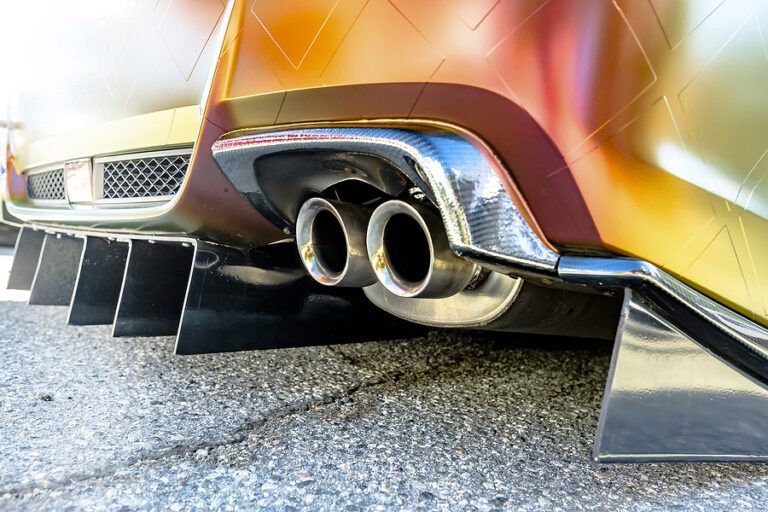What Happens If Your Car Overheats And You Keep Driving: Avoid Catastrophe with These Expert Tips
If your car overheats and you keep driving, it can lead to severe engine damage and potential breakdowns. The heat can cause the engine components to warp or crack, resulting in costly repairs or even engine failure.
It is crucial to stop the car and allow it to cool down when it starts overheating to prevent further damage. Ignoring the issue and continuing to drive can escalate the problem and leave you stranded on the side of the road.
Regular maintenance and monitoring of your vehicle’s cooling system can help prevent overheating and ensure the longevity of your car’s engine.
Signs Of An Overheated Car Engine
One of the worst things that can happen while driving is experiencing an overheated car engine. It is important to be aware of the signs that indicate an overheating engine in order to prevent serious damage to your vehicle. Monitoring the temperature gauge is crucial, as it serves as an early warning system. If you notice the gauge moving towards the hot zone, it is a clear indication that your engine is in danger of overheating. Additionally, if you observe steam coming from the engine or detect unusual smells or smoke, these are also signs of an overheating engine and should not be ignored. Furthermore, if you see a warning light on the dashboard, it is essential to pull over and address the issue immediately. Keeping an eye out for these signals can help you avoid major engine problems and ensure a safer driving experience.
Immediate Steps To Take When Your Car Overheats
When your car overheats, it is important to take immediate action to avoid further damage. The first step is to pull over to a safe location as soon as possible. Find a spot away from traffic where you can park your car and turn off the engine. Leaving the engine running will only worsen the situation. Allow the engine to cool down before doing anything else.
To release heat faster, open the hood of your car. This will help dissipate the heat trapped in the engine compartment. However, be cautious when doing this, as the engine components might still be hot. Once the engine has cooled down, you can check the coolant levels in the radiator. If the coolant level is low, add more coolant to prevent further overheating.
| Immediate Steps to Take |
|---|
| Pull over to a safe location |
| Turn off the engine and let it cool down |
| Open the hood to release heat |
| Check coolant levels and radiator |
How To Prevent Your Car From Overheating
Regularly maintaining your vehicle’s cooling system is crucial to prevent overheating. Checking the coolant levels on a regular basis and topping up if needed helps maintain the proper functioning of the cooling system. It is important to inspect the radiator and hoses for any leaks or cracks. If any damage is found, it should be repaired or replaced promptly to prevent any coolant leaks. Cleaning debris from the radiator and the air intake is also essential to ensure proper airflow and prevent overheating. Debris such as leaves, dirt, and bugs can accumulate on the radiator, obstructing the flow of air and causing the engine to overheat.
If ignored, overheating can lead to severe engine damage and costly repairs. Therefore, it is recommended to regularly maintain your vehicle’s cooling system to prevent the risk of overheating.
What Happens If You Continue Driving With An Overheated Car
Continuing to drive with an overheated car can lead to severe engine damage. The excessive heat can cause the engine components, such as the cylinder head and engine block, to warp or crack, leading to expensive repairs or even the need for a full engine replacement. Additionally, an overheated engine can result in a blown head gasket, which can cause coolant to mix with engine oil, resulting in further damage to the engine.
Furthermore, the radiator and coolant hoses can also be damaged when the car overheats. The extreme heat can cause the plastic components of the radiator to melt or the rubber hoses to deteriorate, leading to coolant leaks and potential engine overheating.
Continuing to drive with an overheated car also increases the risk of a breakdown or being stranded on the side of the road. Overheating can cause the engine to lose power and eventually stop running. This can leave you stranded in an inconvenient location and require a tow to a repair shop.
Therefore, it is crucial to address any signs of overheating immediately and avoid driving the car further to prevent further damage and potential breakdowns.
Steps To Take If Your Car Doesn’t Cool Down After Stopping
If your car doesn’t cool down after stopping and continues to overheat, it’s important to take the necessary steps to prevent further damage. First, call for roadside assistance or a tow truck to safely transport your vehicle to a professional mechanic. Attempting repairs yourself can worsen the problem and lead to additional complications.
Seek professional help and advice from a reliable mechanic who can diagnose and fix the issue. They have the expertise and equipment needed to properly assess the problem and perform the necessary repairs. It’s crucial to let trained professionals handle the situation to avoid causing more harm to your car.
Remember, avoid attempting repairs yourself as this can be dangerous and may void any warranties you have on the vehicle. Trust the professionals to handle the repair work and provide you with the best solution to prevent further overheating issues in the future.
Long-term Consequences Of Driving With An Overheated Engine
Driving with an overheated engine can lead to long-term consequences for your car. One of the main issues you may encounter is decreased engine performance and efficiency. When your engine is overheated, its components can become damaged, leading to reduced power output and decreased fuel economy. Continued driving with an overheated engine can also result in more severe problems, such as expensive repairs or even the need for an engine replacement. The excessive heat can cause significant damage to vital parts of your engine, such as the pistons, cylinder heads, and gaskets.
Aside from the potential for costly repairs, driving with an overheated engine can also impact the resale value of your car. Prospective buyers may be hesitant to purchase a vehicle that has a history of overheating, as it can indicate underlying issues or potential future problems. Even if you address the overheating and get your car back in working order, the incident may still impact the perception of your vehicle’s reliability and overall condition.
What To Do After Your Car Has Overheated
If your car engine overheats, it is important to take immediate action to prevent further damage. One of the first steps to take is scheduling an inspection with a mechanic. A professional can help identify the underlying issues with the cooling system and recommend appropriate repairs or replacements. Regular maintenance is also crucial to prevent overheating in the future. Adhering to a regular maintenance schedule, such as flushing the radiator and replacing coolant, can help ensure the cooling system is in optimal condition. Additionally, it is important to stay vigilant for future signs of overheating, such as rising temperature gauges or steam coming from the engine. By addressing overheating concerns promptly and following a regular maintenance routine, you can help extend the lifespan of your car and avoid costly repairs.

Credit: www.toyotaoforange.com
Frequently Asked Questions For What Happens If Your Car Overheats And You Keep Driving
How Long Can You Drive A Car While Overheating?
Driving a car while overheating is not recommended as it can cause severe damage to the engine. It’s best to pull over, let the engine cool down, and check for any issues before continuing. Limit driving time to a minimum to prevent further damage.
Can A Car Overheat And Be Ok?
Yes, a car can overheat but still be okay.
What Are The Signs That Your Car Is Overheating?
When your car starts to emit steam or smoke, the temperature gauge is in the red zone, or you smell a sweet odor like coolant, it’s a sign that your car is overheating. Additionally, if you notice the engine running rough or lose power, it could indicate an overheating problem.
How Long Can You Drive An Overheated Car?
It is not recommended to drive an overheated car as it can cause severe engine damage. However, in some cases, you may be able to drive a short distance to a safe location or a mechanic if you turn off the air conditioner, turn on the heater to cool the engine, and drive slowly.
Conclusion
Ignoring an overheated car can have severe consequences on both your vehicle and your safety. Continuing to drive with an overheating engine can lead to further damage, such as engine failure or a blown head gasket. It is essential to address the issue promptly to prevent costly repairs and potential accidents.
Regular maintenance, monitoring coolant levels, and seeking professional help are crucial to keeping your vehicle in optimal condition and ensuring a safe and smooth driving experience.



